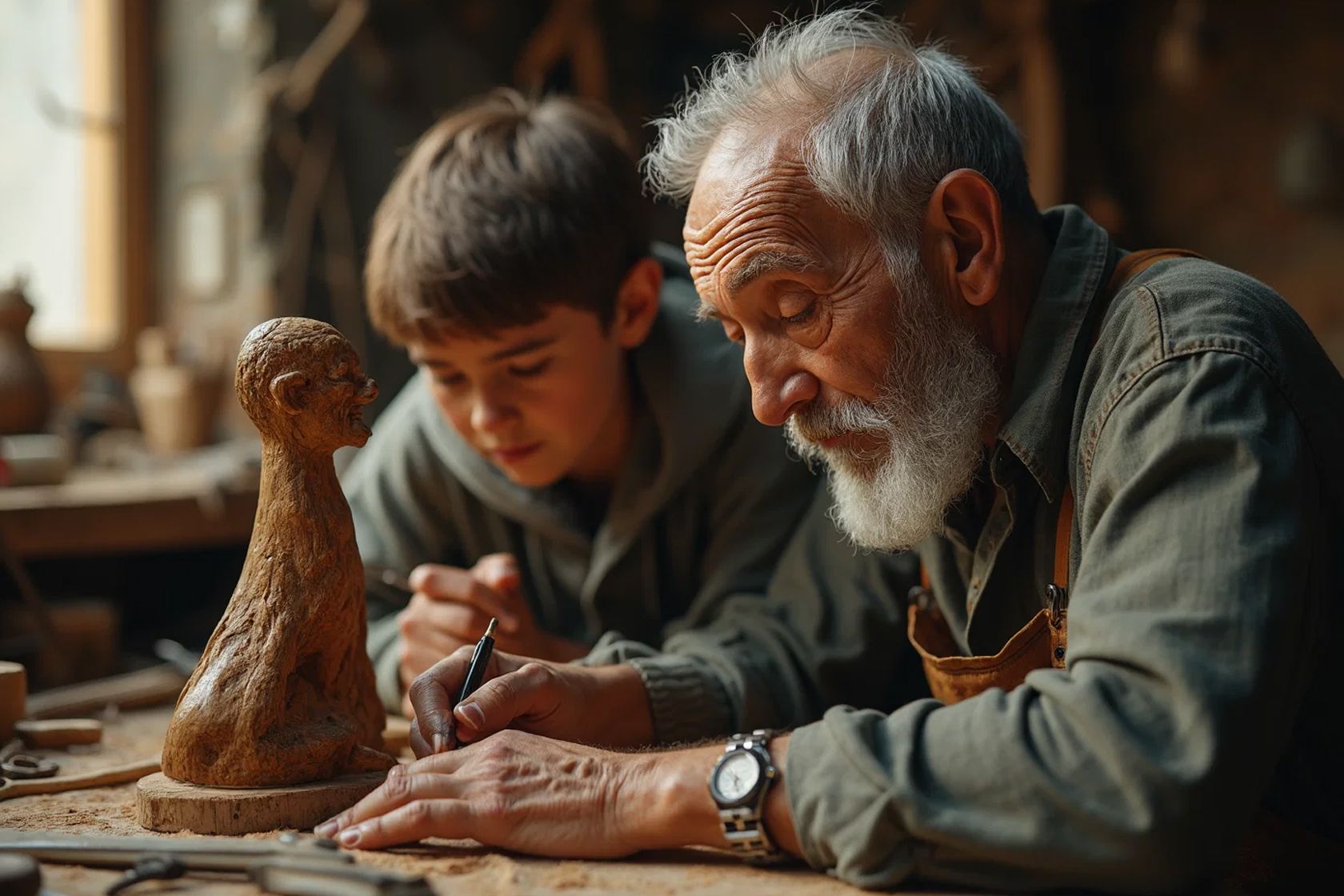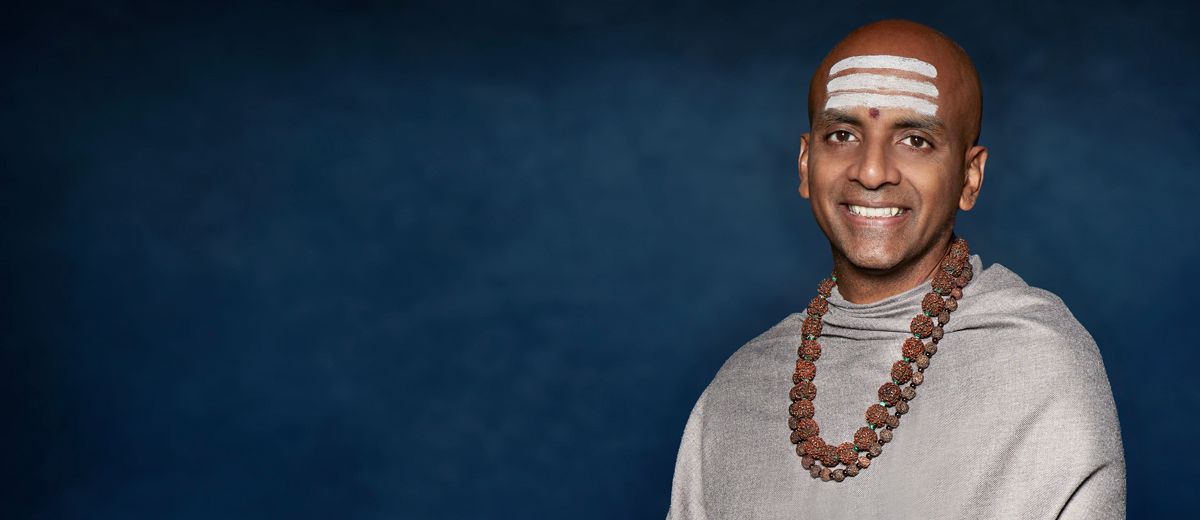
For years, people have been sold the idea that multitasking is the key to efficiency and productivity. It promises the ability to juggle multiple tasks and responsibilities—both professional and personal. Many still take pride in their ability to do so. But let’s delve deeper into what really happens when we multitask and why I firmly oppose this practice. Let’s begin by defining multitasking.
Multitasking, like distraction, is the antithesis of focus. When a person is "multitasking," their awareness shifts back and forth between two things. Awareness cannot be in two places at the same time. As awareness shifts, so does energy. Remember my guru’s saying: “Where awareness goes, energy flows.”
Imagine awareness is like a car, and energy is gasoline. If the car repeatedly traveled back and forth between two cities, it would consume far more gas than if it stayed idle in one place. Similarly, as awareness moves back and forth between tasks, it expends energy unnecessarily. Awareness must engage with one task, then disengage to focus on another, and when returning to the first task, it must reacquaint itself with where it left off.
This constant engagement and disengagement consumes an enormous amount of time and energy. Over time, productivity and efficiency plummet compared to what they could achieve if awareness remained concentrated.
The more we practice something, the better we get at it. It’s what I call The Law of Practice. The more we practice multitasking, the better we get at it. But, to me, that isn’t the worst part. Imagine I’m speaking with someone, and while speaking with them, I choose to do another task, like scrolling through my phone. Every time my awareness switches from the person to my phone, my energy follows my awareness. The person I was concentrating on no longer feels my energy as my awareness shifts away. My awareness and energy are now on my phone. He feels my disengagement. Without saying a word, I’ve told him that my phone is more important to me than he is. That what he has to say isn’t as important. That his time isn’t important. That he isn’t a priority. How do you think he feels?
When I lived with my guru, in every conversation we had, he gave me his undivided attention. In doing so, he told me—without saying a word—that he loved me. That what I had to say meant a lot to him. That my time and presence were important to him. When someone is fully present with you and completely engaged, they’re telling you: you matter.
One of the most liberating insights I’ve had is that the ability to focus is humanity’s greatest tool for success. Yet, most people have never been taught how to focus. How often do we intentionally train our awareness to stay in one place, instead of allowing it to flit from one distraction to the next?
Here’s a simple practice to help you start getting better at focusing:
Pick One Task: Identify a single task that truly matters to you today.
Set a Timer: Commit to working on this task without interruptions for 10 minutes.
Recenter Awareness: If your awareness wanders, gently and lovingly bring it back to the task at hand.
This year, renounce multitasking and embrace focus. You will be eternally grateful to yourself for making this choice. By mastering your focus, you not only unlock your own potential but also create a profound impact on those around you. Where your awareness goes, energy flows—and this energy can uplift, inspire, and empower everyone in your life.








